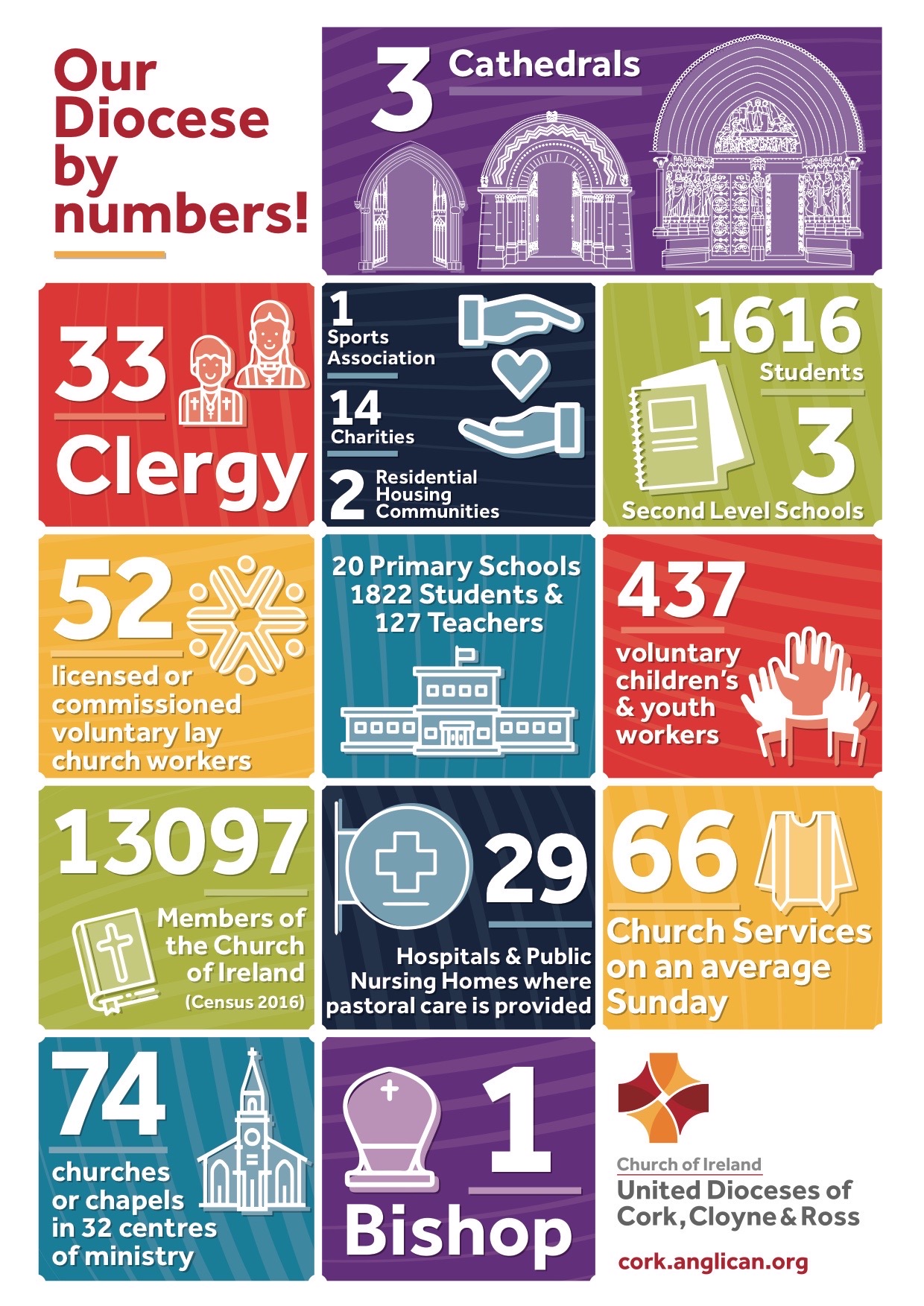Explore The Interesting Development Of Catholic Institutions And Their Considerable Influence On Education And Learning-- Might Their Customs Be The Response To Future Knowing?
Explore The Interesting Development Of Catholic Institutions And Their Considerable Influence On Education And Learning-- Might Their Customs Be The Response To Future Knowing?
Blog Article
linked site Written By-Petersson Grace
When you consider the background of education and learning, Catholic schools attract attention for their deep-rooted customs and long lasting influence. These organizations started as a means to impart faith and values, yet they've adjusted incredibly over centuries. Today, they play a vital duty in shaping not simply academic success yet likewise moral integrity. What's appealing is just how they've taken care of to grow among altering cultural landscapes, questioning concerning their future significance and effect.
The Beginnings of Catholic Education: A Historical Viewpoint
Catholic education and learning traces its origins back over 1,500 years, when very early Christian areas acknowledged the need for organized knowing. go to this web-site 'll discover that these areas intended to hand down their belief and worths through education.
Monasteries and cathedral institutions ended up being centers of understanding, supporting both spiritual and intellectual growth. As you delve deeper, you'll see that the educational program frequently consisted of philosophy, faith, and the liberal arts, developed to form versatile people.
Gradually, the Church developed more formal establishments, making sure that education and learning continued to be obtainable to all. The dedication to teaching moral worths and promoting a sense of community has lingered via the centuries, shaping the instructional landscape and affecting numerous lives worldwide.
This long-lasting tradition continues to influence Catholic education and learning today.
The Development of Catholic Institutions Through Social Contexts
As cultures progressed, so did the role of Catholic institutions, adapting to the cultural contexts in which they existed. In the early years, these organizations focused largely on religious direction, however as communities branched out, they began to include regional languages, custom-mades, and academic requirements.
You 'd discover that Catholic colleges commonly came to be centers for social communication, fostering a sense of belonging amongst pupils from different histories. In lots of areas, they addressed societal concerns, such as destitution and discrimination, by giving accessible education and learning for all.
As you discover different societies, you'll see exactly how Catholic schools have moved their educational program and mentor techniques, showing the worths and obstacles of their atmospheres while remaining true to their foundational goal of faith and academic quality.
The Modern Duty and Effect of Catholic Schools in Society
In today's globe, Catholic schools play a crucial function fit not simply the educational landscape, however likewise the broader community.
You'll locate that these establishments stress values like regard, empathy, and social justice, cultivating all-round people who contribute positively to society. By focusing on Elementary Christian elementary schools Near Me Traverse City and ethical development, Catholic institutions prepare trainees for future challenges, supporting essential reasoning and leadership skills.
They often serve varied populaces, linking spaces in accessibility to top quality education and learning. Furthermore, you could discover their dedication to solution, urging pupils to participate in community outreach and volunteer job.
This mix of education and learning and moral assistance makes Catholic colleges a significant pressure, growing accountable people who can influence their neighborhoods right.
Final thought
To conclude, Catholic colleges have an abundant history that's formed their long-lasting effect on culture. You've seen just how they've adapted to different social contexts while maintaining a commitment to confidence, values, and scholastic quality. Today, they remain to play a vital function in promoting community, advertising social justice, and nurturing liable citizens. As you review their legacy, it's clear that Catholic institutions remain a powerful pressure for positive adjustment worldwide.
